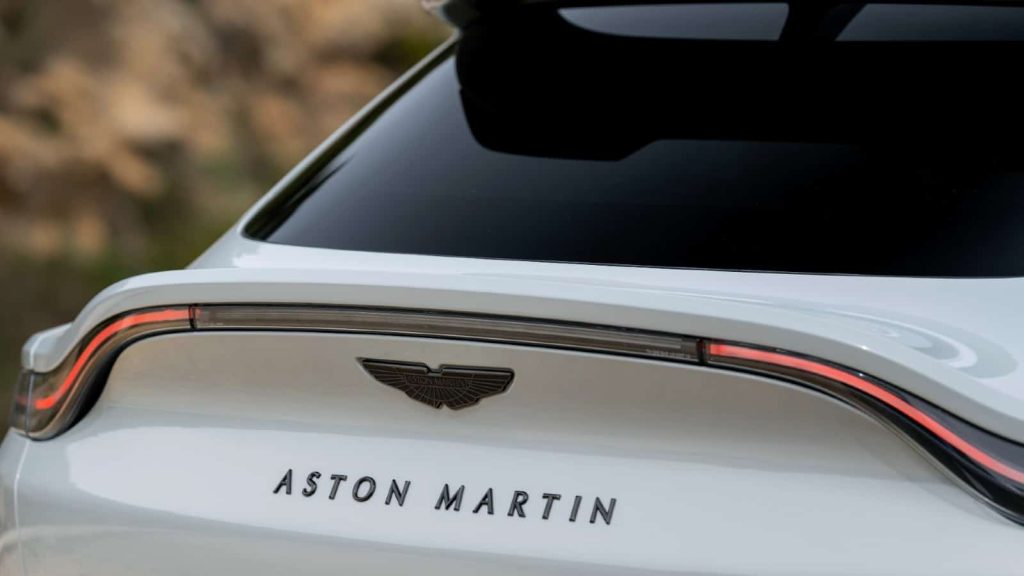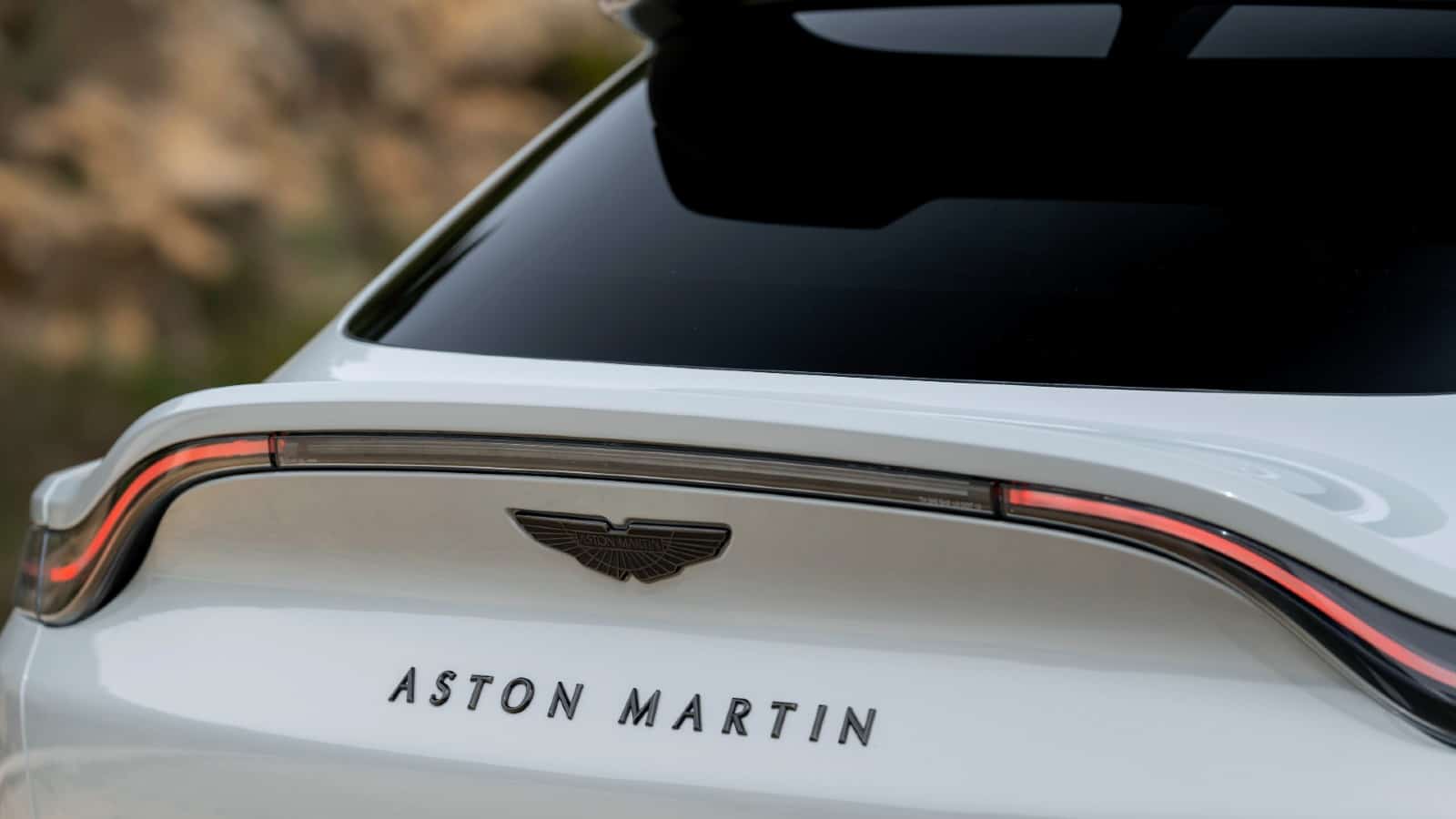I won’t touch Aston Martin shares with a bargepole. Here’s why


I will not be buying Aston Martin Lagonda (LSE: AML) shares for my portfolio any time soon â or perhaps ever.
There is a good reason for that and I think it is helpful to understand, as it gets to the heart of a mistake many investors make â and which I am trying (not always successfully!) to avoid myself.
Looking at a business â and its finances
A common error, especially when people first start investing, is to look at business without using the right lenses.
For example, the logic may run that Apple (because it has so many customers), Legal & General (because it has been around for centuries) or Aston Martin (because its products command high prices) must be good businesses and therefore good investments.
But in fact, a company can have lots of customers, strong brand story or high prices and not necessarily be a good business. Without understanding its finances, it is impossible to know.
Lots of retailers, for example, have gone bust precisely because they focussed on growing the size of their customer base, not their selling price.
Lossmaking and indebted
Arguably, Aston Martin has the opposite problem: it has been strategic about its selling price and tried to increase what it can get from its deep-pocketed customers. It simply does not have enough of them.
Selling more cars could help it build economies of scale, perhaps reducing its losses or even making a profit.
For now though, Aston Martin remains deeply loss-making. It is also heavily indebted, with net debt of £1.4bn more than twice its market capitalisation of £625m.
The business model remains unproven
It may seem that flogging pricey cars to the rich is an easy business.
But previous incarnations of Aston Martin have gone bankrupt many times.
What about the current one? The Aston Martin share price has fallen 43% over the past 12 months and 84% in five years.
The company has repeatedly diluted shareholders to raise new cash and I see a risk that will happen again. Despite raising cash, the companyâs cash burn means that its net debt has grown over the past year.
I do not see it as a good business at the moment, let alone a good potential investment for my portfolio.
Burning through cash
Its £94m of free cash outflow in the latest quarter means that the company has now seen £415m more hard cash go out the door so far this year than has come in it. Both figures are worse than at the same point last year.
With revenues and wholesale car volumes also both showing year-on-year falls so far in 2025, Aston Martin seems to be in reverse gear.
Can it fix that?
The past few years have certainly not inspired confidence, but the brand is unique and can command high prices. This quarter, the company expects to ramp up deliveries of its Valhalla model and that could help the finances.
But I wlll not invest, despite Aston Martin shares selling for pennies, because I am not persuaded that the business model works.
Until Aston Martin proves that it can make money and generate free cash flow, I will not even consider investing in it.
The post I wonât touch Aston Martin shares with a bargepole. Hereâs why appeared first on The Motley Fool UK.
Should you invest £1,000 in Aston Martin right now?
When investing expert Mark Rogers has a stock tip, it can pay to listen. After all, the flagship Motley Fool Share Advisor newsletter he has run for nearly a decade has provided thousands of paying members with top stock recommendations from the UK and US markets.
And right now, Mark thinks there are 6 standout stocks that investors should consider buying. Want to see if Aston Martin made the list?
More reading
- The Aston Martin share price is largely unchanged despite another disappointing set of results
- Late to investing? Iâm not relying on Aston Martin shares to beat the market
- I was both right and wrong about this FTSE 250 value stock, but now the outlook’s clear!
- I asked ChatGPT what could save the Aston Martin share price
- Could Ferrari’s disappointing earnings forecast help the Aston Martin share price?
C Ruane has no position in any of the shares mentioned. The Motley Fool UK has recommended Apple. Views expressed on the companies mentioned in this article are those of the writer and therefore may differ from the official recommendations we make in our subscription services such as Share Advisor, Hidden Winners and Pro. Here at The Motley Fool we believe that considering a diverse range of insights makes us better investors.







